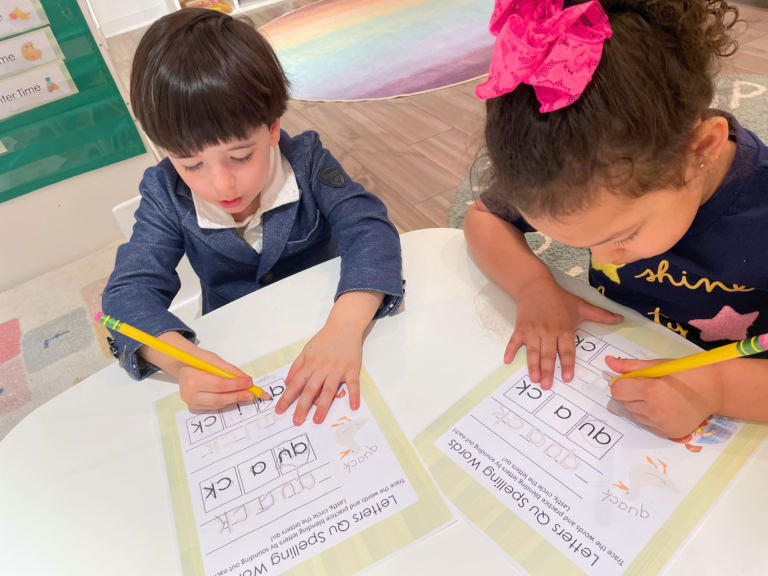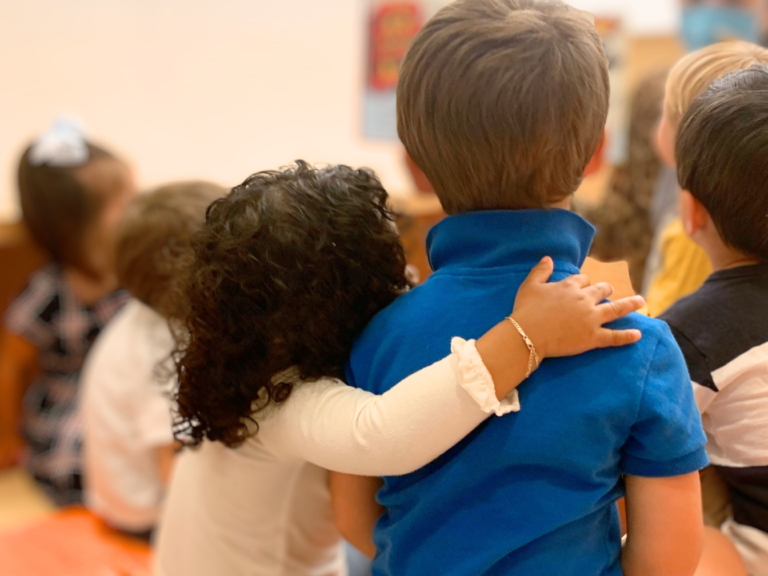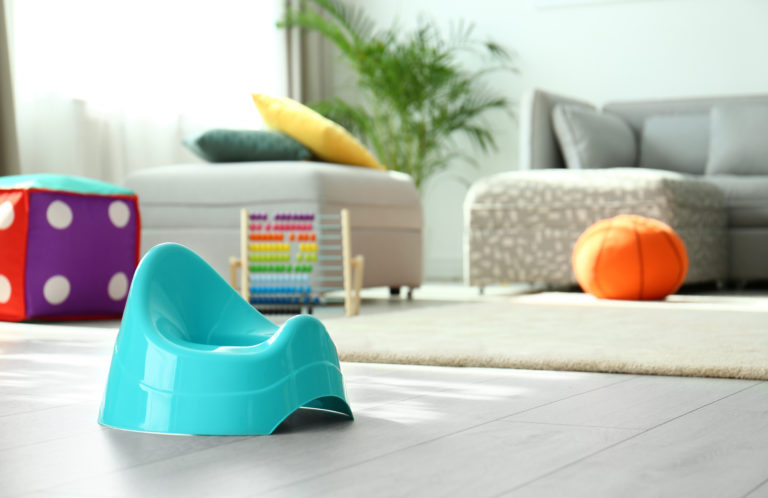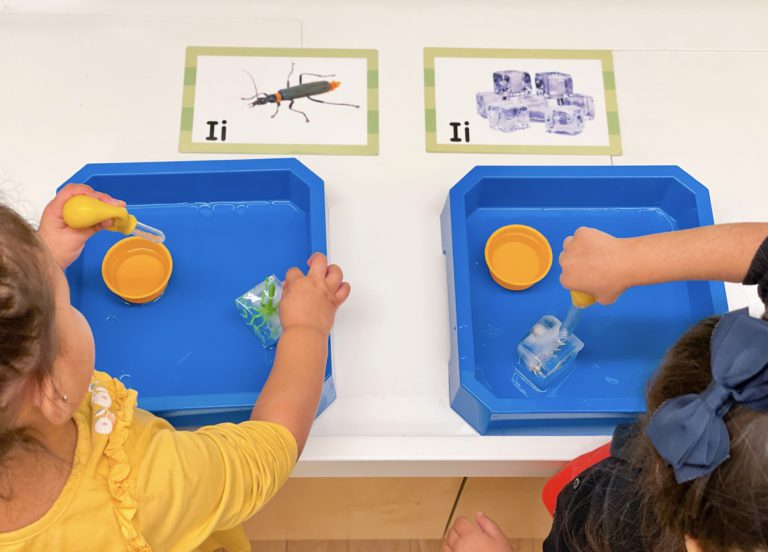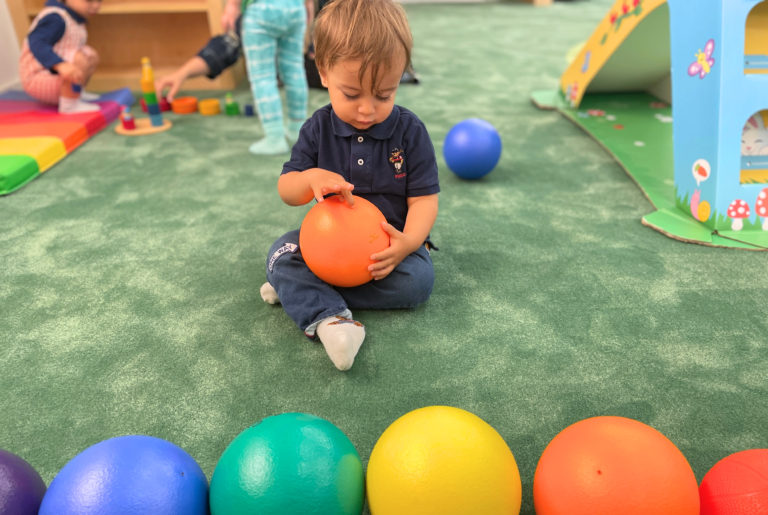9 Preschool Behaviors That Could Signal a Learning Disability
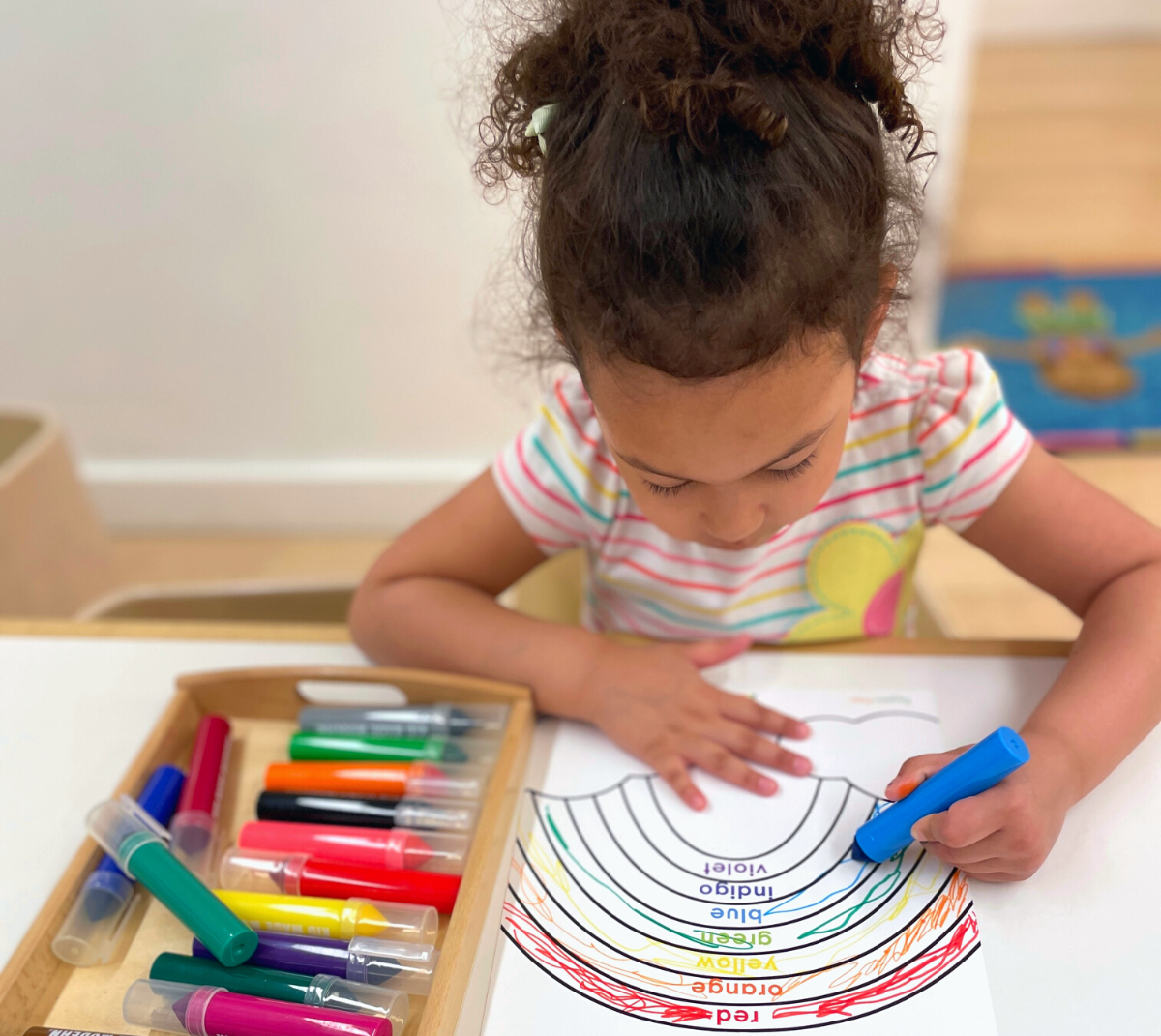
Behavior to Look For
It’s easy to hear the phrase “learning disability” and begin to feel anxious. However, for a little one to have a learning disability is more common than you might have thought! In fact, signs point to one in five school-age children having some kind of developmental delay. Expects indicate that it’s always best to determine whether your little one may have a learning disability as early as possible in their child development, but that opens up a world of possibilities that can sometimes seem overwhelming. Adding to the mix is the introduction of online learning platforms, such as Playgarden’s online Montessori preschool, which introduces a new standard for assessing learning.
How to differentiate between behavior that could be typical versus more serious is often tough even for experienced professionals who work with children with special learning needs or autism in toddlers. That’s why we’ve assembled a small list of questions to ask yourself about how your little one is developing! Though no one behavior is a definitive “yes” or “no” as to whether or not your little one has a developmental delay or learning disability, these can be good behaviors to take note of and speak with a child specialist about if they persist throughout your little one’s child development.
1. Does your child have an extensive vocabulary?
One of the first signs that might indicate a slight learning disability regarding auditory or language processing skills, like autism in toddlers, are speech and language problems. A lot of three year olds are able to use a variety of words to describe themselves as well as the world around them . “Why?” also might become a large part of their daily vernacular! If you’re noticing that your little one doesn’t do these things, it’s certainly something to take note of. Trouble with language or auditory processing skills can also be an indicator that your little one could have undiagnosed hearing loss or a chronic ear infection. Children usually get their hearing checked at birth and around age 5, but if this is something you’re noticing about your little one, it might be a good idea to make sure it gets checked out sooner rather than later in their child development.
2. Can your little one tell you how old they are?
If your child is 36 months or older, they should be able to understand the idea of “how many?”, and can even use their fingers to determine this! Counting is also a skill usually developed around this time, and many little ones are able to count to 20 by age 4. However, if this is an area of difficulty for your little one, it may be a sign of a learning disability, which generally will interfere with your little one’s ability to tell the time or use numbers.
3. Can your little one recite their ABC’s?
When your child has reached between ages 3 and 4, letters ought to be more familiar territory for them! Many little ones are able to recognize at least 10 letters, and some can even pick out their name or other familiar words. If you’re noticing that your little one is falling behind here, or is struggling, it could be an early sign of language processing disorders or something like dyslexia. As always, the best thing to do is to take note of it and if the issues persist or become more exacerbated, get in touch with a specialist in child development.
4. Do other children attending preschool online seem more mature than your little one?
As your little one is about to make the transition to kindergarten, it is important to look closely at how they are learning to cooperate with their peers, as well as if they are able to manage frustration in a way that is age-appropriate. If your little one has a bit of difficulty with emotional regulation, this could be a sign that they are a little bit behind developmentally, which could point to disorders such as ADHD or autism in toddlers. It’s not a 100% sign of this, though; as always, the best thing to do is to take note of it and if the issues persist or become more exacerbated, get in touch with a specialist in that particular area of child development.
5. Does your little one try to read?
While your little one will almost certainly not be able to actually read, pretending to read is a good sign of their connection to language, images, and story. By age four, most little ones can remember bits from their favorite books, make up stories based on illustrations in books or will pretend to read; this is a positive sign towards early literacy!
6. How are their table manners?
When your little one is developing fine motor skills, a sign that they’re progressing well is the ability to hold items in their hands with their fingers instead of with closed fists. For example, holding a fork and knife or crayons with only fists might be a sign that your little one has a slight delay in developing fine motor skills.
7. Can your little one recognize their own name?
If you notice a pattern of your little one ignoring you and their friends when their name is being called, be sure to take note! This could be a sign hinting towards an auditory or visual processing deficit. These deficits usually mean that your child might have a hard time understanding what they see and hear, and can affect your little one’s speech ability, memory, or spacial awareness.
8. Are they an explorer?
If you’re not a first time parent, chances are you know how active little ones can be–and how much they love to be in places they’re not supposed to be. By age three your little one should be able to climb stairs, jump, and more. If not, keep an eye on it; this could be a sign of a delay in gross motor skill development.
9. Do they play pretend with friends?
Little ones tend to have big imaginations, and as they get older, it’s natural that this should come out in their play! However, it’s important to see whether or not your little one is engaging with other children their age when they play, rather than just playing alongside them (often known as parallel play, common in younger kids and in autism in toddlers). This is an important indicator of social emotional development, and is something to take note of for sure as they continue their child development.
While all of these behaviors may not be 100% guaranteed indicators of any developmental delays, learning disorders, or autism in toddlers, it’s key to keep an eye on your little ones as they learn and grow, and make sure you check up on them often! It will be worth it. Try Our Online Montessori Preschool for FREE! Playgarden Prep offers numerous educational videos from real teachers, and numerous DIY projects that support early learning and child development.
Popular
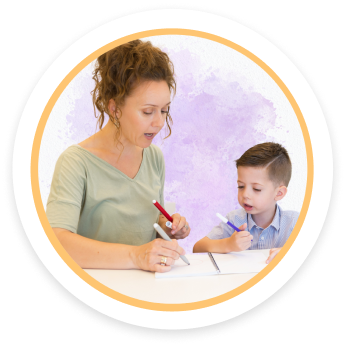

Hi, I'm Miss Charlotte!
Miss Charlotte is an Education Director by trade, and a mom by heart. All 200+ of our DIY projects were created by Miss Charlotte, with the help of her expert DIY assistant—Her 4 year old daughter! With a MST degree in Early Childhood Education and 15 years of teaching experience, her blogs and DIY projects have been an incredible resource for our Playgarden Prep schools. We hope that your family loves them as much as we do!

